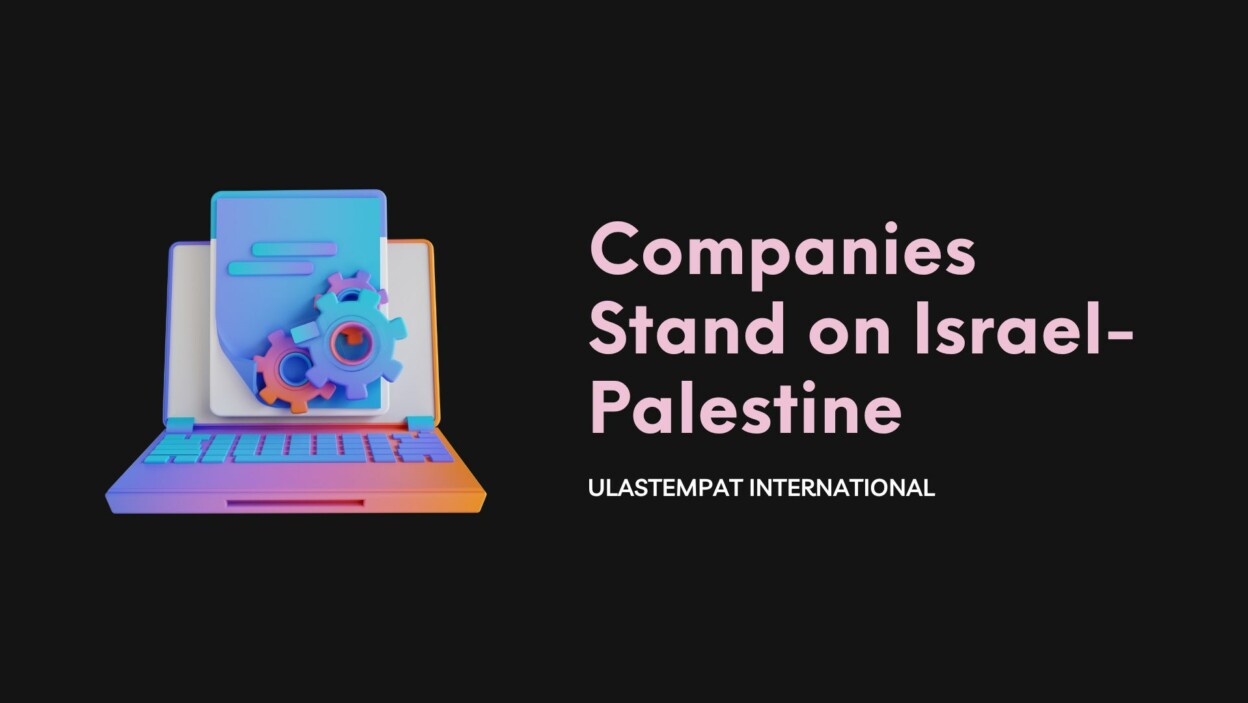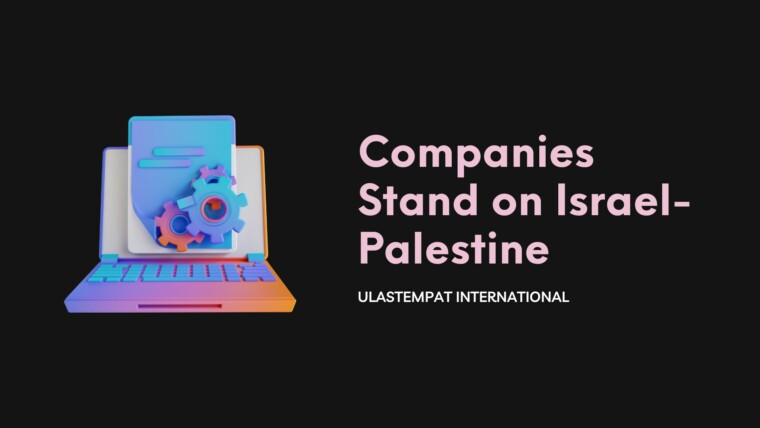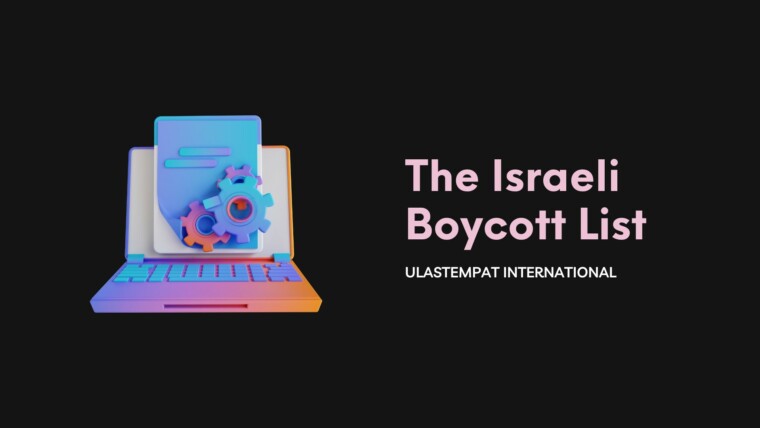Puma’s recent decision to terminate its sponsorship with Israel’s national football team by 2024 has ignited significant controversy and raised questions about corporate actions within politically charged contexts.
This move, set to take effect in a year, has spurred debates regarding its timing and underlying motives, drawing attention from activists and critics alike.

Check Out: Android Stand on Israel-Palestine
The BDS Campaign and Puma’s Response
At the heart of the controversy lies Puma’s association with the Israel Football Association (IFA), which includes teams situated in settlements viewed as illegal under international law. Advocates, primarily through the BDS movement, have consistently pressed Puma to sever ties with the IFA, employing various tactics such as protests, online campaigns, and calls for boycotts. However, Puma contends that this decision isn’t a direct response to the pressure from boycott movements. Instead, the sportswear giant asserts that it’s part of a strategic shift aimed at revising its partnerships and adopting a “fewer-bigger-better” approach with other national teams.
Corporate Reactions Amid Conflict
Puma’s move comes amid a broader landscape where companies confront criticism for their affiliations or actions during periods of geopolitical tension. Notably, brands like Zara have faced backlash and accusations of insensitivity due to their marketing strategies amid sensitive times. The discussions surrounding Puma’s decision reflect a larger discourse about corporate responsibility and the influence of societal movements in holding companies accountable for their choices in contentious geopolitical settings.
Explore More: Exploring Puma’s Relationship with Israel

Puma’s decision to sever ties with Israel’s national football team has sparked discussions on the role of corporations in politically charged scenarios. While Puma maintains that its move is not a direct reaction to the boycott calls, the ongoing BDS campaign perceives this as a triumph.
This episode highlights the increasing influence of societal movements in urging corporate accountability amidst geopolitical conflicts and underscores the intricate interplay between business decisions and political sensitivities.





Does Red Bull Support Israel? Decoding the Unraveled Connection
Companies That Support Israel: A List to Avoid
Fast Food Chains Aligned with Israel Support
Boycott List: Fashion Companies Supporting Israel You Should Be Aware Of
Does These Firearms Support Israel? Exploring the Unraveled Connection
Does These Tech Brands Support Israel? Decoding the Unraveled Connection
Does These Filmography Support Israel? Understanding the Intricate Ties
Does These Online Business Support Israel? Exploring the Unraveled Connection